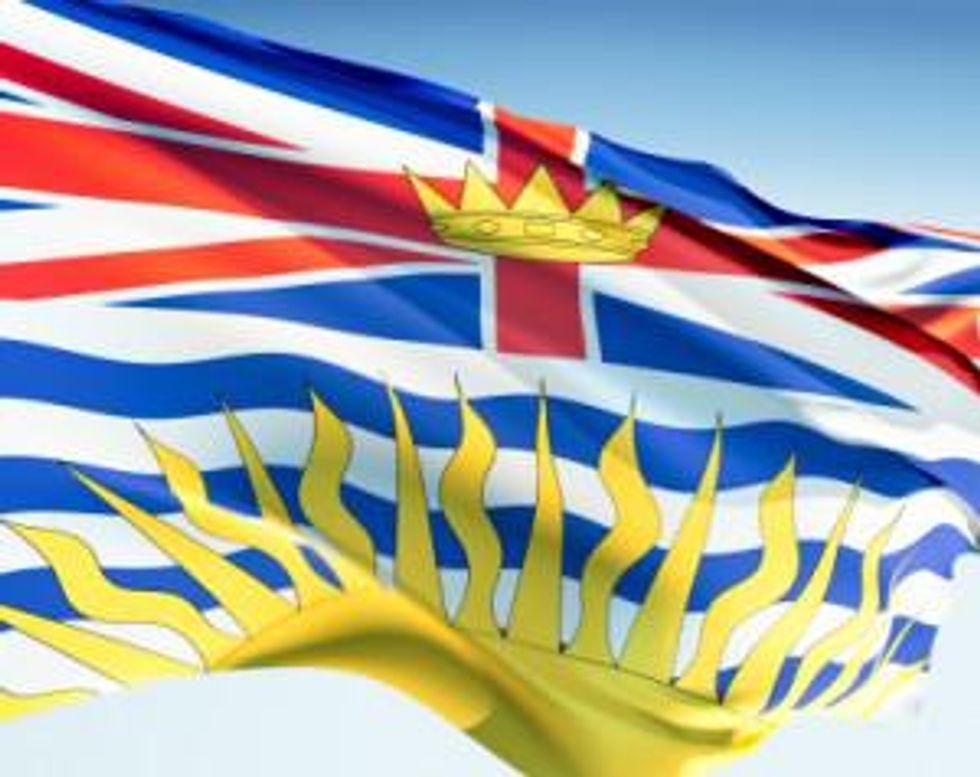The Association for Mineral Exploration BC believes that the BC Liberals’ victory is positive for the province’s mining industry.
AME BC put out a press release a few hours after the BC Liberals pulled out a stunning, come-from-behind win that shocked pundits, pollsters and most of all, the opposition New Democratic Party, which in the weeks up to election day was comfortably ahead in the polls by up to 20 percentage points.
That, in a normal election, should have placed the NDP firmly en route to forming a majority government in the 85-seat legislature. But the election in the westernmost Canadian province, known for its polarized, sometimes wacky politics, turned out to be anything but normal.
As the results rolled in after 8:00 p.m. Tuesday evening, it quickly became apparent that the pundits forecasting a Liberal defeat at the hands of the left-leaning NDP had it all wrong. With some polls still yet to be counted, the Liberals had won or were leading in 50 ridings, enough for broadcasters to declare a Liberal win, to the delight of party supporters and the chagrin of NDPers.
“We look forward to four more years of working with a supportive government that recognizes the value of mineral exploration and mining to BC’s economic well-being,” Michael McPhie, AME BC chair, said in the statement issued on Wednesday morning.
“The BC Liberal Party has noted the importance of the mineral exploration and development industry to our province’s export-based economy and skilled job creation, and recognizes the value of public investment in resource sector permitting and geoscience research and development,” added Gavin Dirom, president and CEO of AME BC.
The statements from McPhie and Dirom are not mere platitudes, considering the divergent positions that BC’s two main parties have taken on mining, oil and gas exploration and pipeline expansions.
In the run up to election day, Liberal leader Christy Clark put forward her party’s plan to build up to five liquefied natural gas (LNG) plants in Northern British Columbia, as well as to support a multibillion-dollar oil refinery by media mogul David Black. The LNG would be shipped to Asia where it commands a higher price than in North America, with tax revenues from LNG sales going to pay down the provincial debt. Clark also made clear that oil pipelines, new and expanded, are okay as long as they meet five conditions.
The NDP’s position on LNG was not so clear-cut. The party’s energy critic rejected the plan as fantasy, while its leader, Adrian Dix, appeared lukewarm to the idea at best. The NDP leader said he wanted a scientific review of hydraulic fracturing (fracking), the process used to extract natural gas, even though fracking has been done safely in BC for decades. At one point, Dix had to rein in a candidate who said the party should put a moratorium on fracking, saying that wasn’t the NDP’s position.
He also promised to apply the province’s carbon tax to heavy industry, a position that won few friends among the business community already suspicious of how Dix would handle the province’s resource-based economy.
The real kicker for the NDP, however, came when Dix flip-flopped on a proposal by Kinder Morgan (NYSE:KMP) to expand an existing oil pipeline carrying crude from Alberta to Vancouver. Dix originally said he would wait to see Kinder Morgan’s application before taking a position on the expansion, but a few days before May 14, in a seeming about face, he rejected it, claiming that most British Columbians would not support an increase in tanker traffic in the Port of Vancouver. The party had already come out against the oil pipeline proposed by Enbridge (NYSE:ENB,TSX:ENB) that would transport oil sands crude from Northern Alberta to the Northern BC port of Kitimat.
In election night coverage, the Vancouver Sun quoted one Liberal campaign worker as saying that the NDP’s position, to essentially block the Kinder Morgan proposal, did not play well with voters.
“He reached too far,” said Jim Fraser, who worked on former Vancouver Mayor Sam Sullivan’s campaign. “People didn’t like that. Christy Clark was a better campaigner but the real thing was Kinder Morgan. A lot of people tonight are saying it was Kinder Morgan.”
Looking at mining, the NDP promised to reduce the time it takes for environmental assessments to be done, but the Liberals had already committed money to doing that in January of this year. The governing party can also lay claim to an improved climate for mining in its 12 years in office. At the Mineral Exploration Roundup event in Vancouver in January, Clark announced that a record $680 million was spent on mineral exploration in BC in 2012, with 2011 also a record year, at $463 million. The Liberals also promised $7 million to improve mineral exploration permitting and reduce turnaround time for Notice of Work applications.
In contrast, during the decade that the NDP was in power, exploration spending plummeted. The Northern Miner reported statistics from the National Mining Exploration Survey that show spending on exploration hit a record high of C$227 million in 1990, before dropping to $25 million in 1999 — its lowest level since 1971.
Securities Disclosure: I, Andrew Topf, hold no direct investment interest in any company mentioned in this article.
Related reading:
Q&A with Gavin Dirom, AME BC President
Gold Mining Companies in British Columbia: Major Producers
